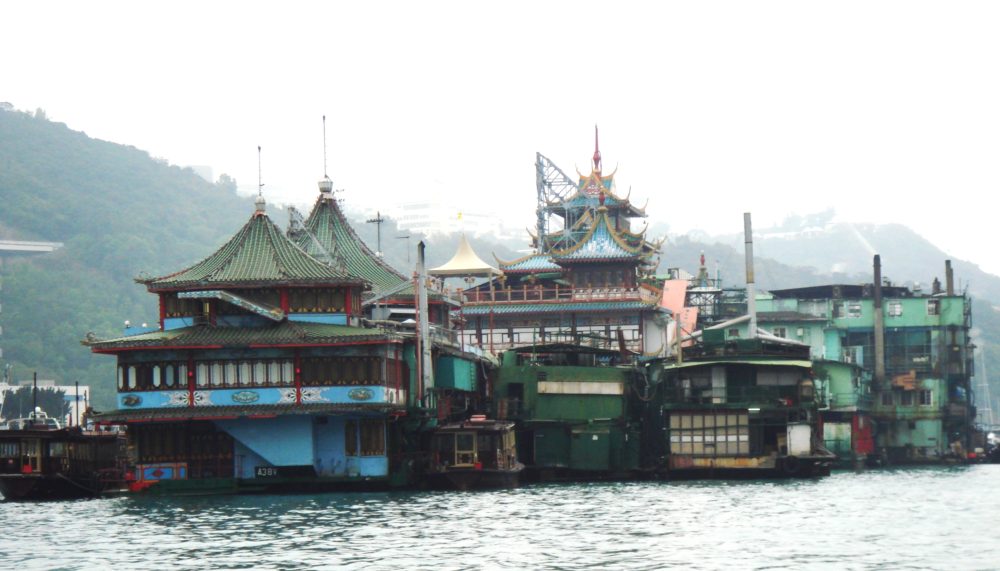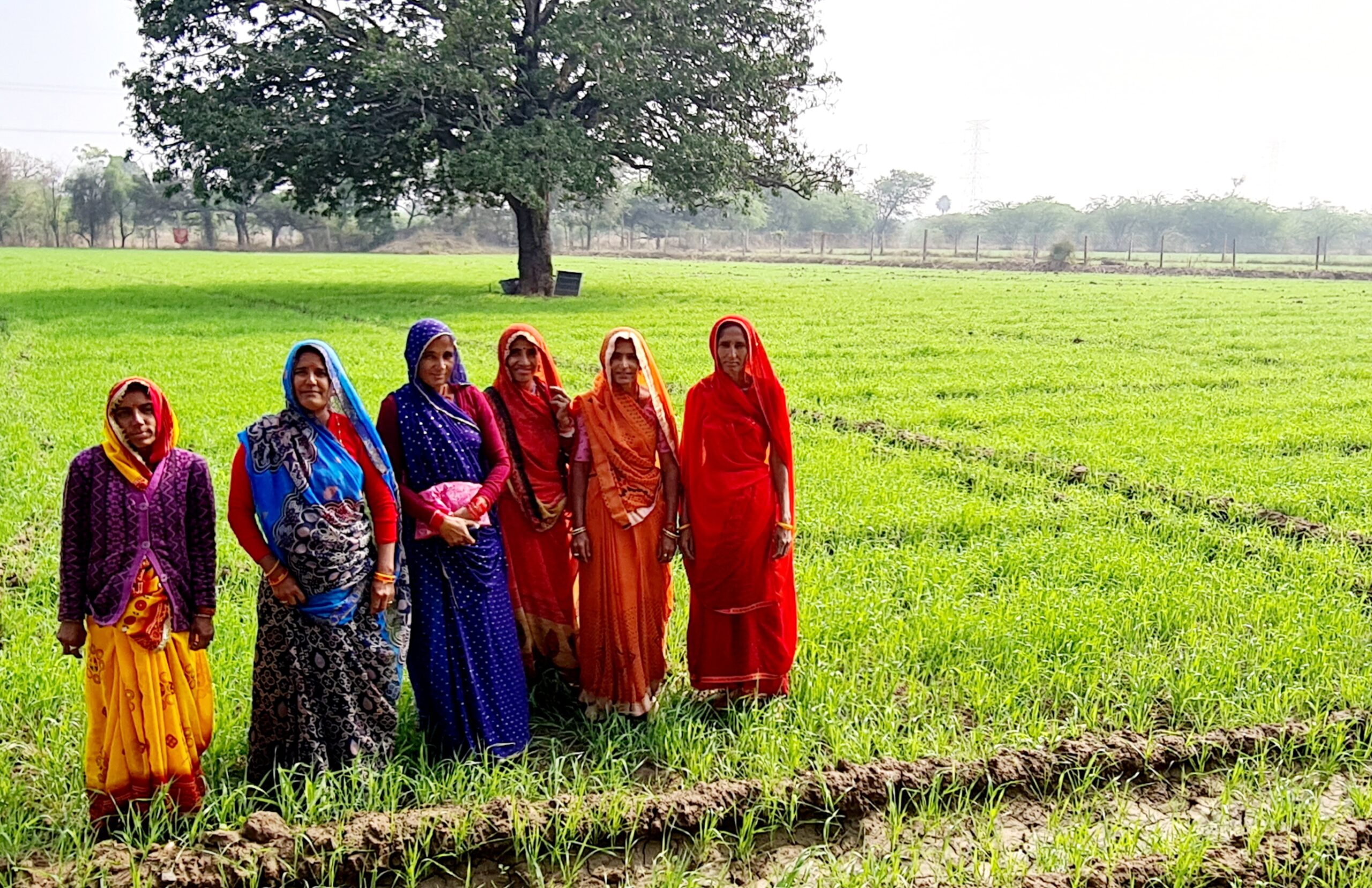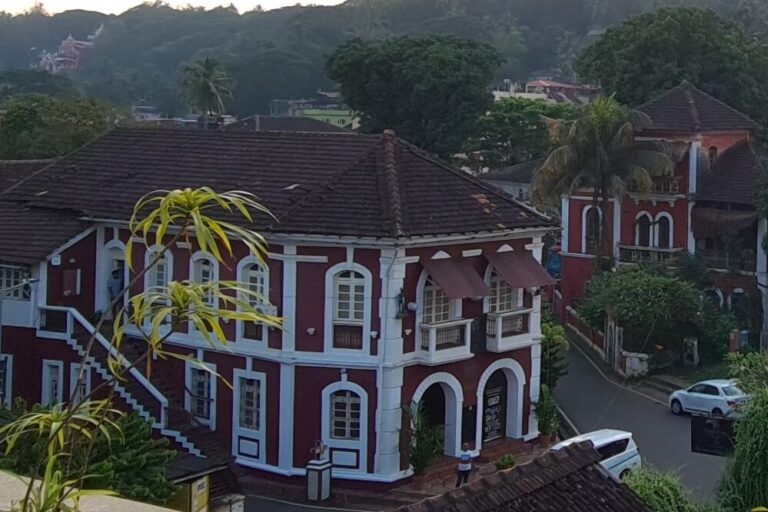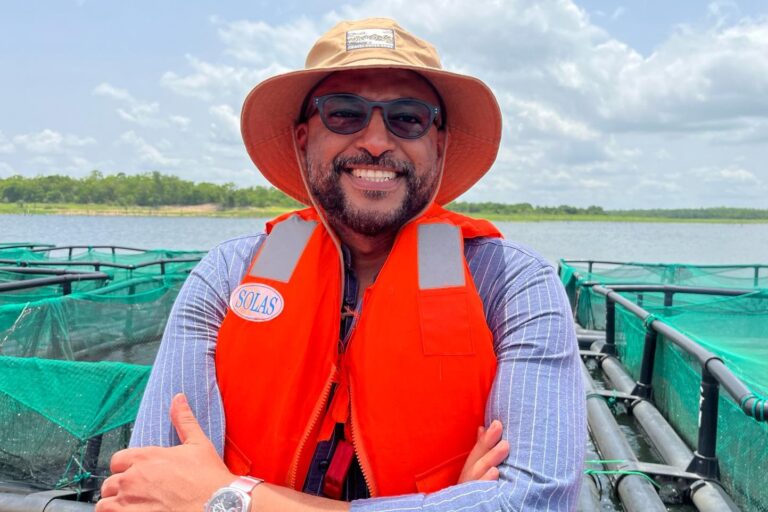By Neena Bhandari
Sydney, 25.03.2022 (SciDev.Net): The Asia Pacific region has significantly regressed on Sustainable Development Goal (SDG) targets related to climate action and responsible consumption and production, moving the region further away from the 2030 goalpost, according to a UN report.
The UN Economic and Social Commission for Asia and the Pacific’s (ESCAP) 2022 Asia-Pacific SDG Progress Report, launched on 17 March, notes that inequality in the region has widened due to impacts of COVID-19, climate change and human-made crises. It says vulnerable groups, including women, rural populations, poorer households and people with severe disabilities, have been disadvantaged the most as a result.
“The sole focus on economic recovery post-pandemic is likely to hinder progress towards the Sustainable Development Goals, which was already lagging to begin with,” Armida Salsiah Alisjahbana, UN Under-Secretary-General and ESCAP’s executive secretary, tells SciDev.Net. “As the region strives to build back better and recover, the 2030 Agenda can serve as a guiding mechanism for both economic and social development”.
At the current pace of progress, the Asia Pacific region is not on track to achieve any of the 17 SDGs, says the report. It is only expected to achieve the goals by 2065 — more than three and a half decades behind the original goalpost.
The data shows a significant regression against the 2015 baseline on climate action — Goal 13, which comprises indicators related to the causes and consequences of climate change. The region is producing at least 35 per cent more greenhouse gas emissions than it did in 2000.
“The regression is driven by increasing greenhouse gas emissions and rising numbers of death and missing people due to disasters. At the same time, our analysis has shown progress in adopting and implementing disaster risk reduction strategies at national levels. However, these strategies still need to be fully implemented at the local level,” Rachael Beaven, director of ESCAP’s statistics division, tells SciDev.Net.
The data reveals a mixed picture on responsible production and consumption (Goal 12). “There is a reduction in hazardous waste generation (based on pre-pandemic data) and a slight increase in renewable energy capacity in the region,” says Beaven.
“Nevertheless, these positive trends are countered by expanding fossil fuel subsidies and relentless growing material consumption and use in production processes,” she adds. “These unsustainable practices have increased in the region, leading to overextraction, waste and pollution.”
The analysis in the report shows that to redress widening inequality in the region more must be done to expand social protection for vulnerable populations, including persons with severe disabilities, and improve the labour market prospects of people with disabilities.
“[However], the groups left furthest behind are not the same across different development areas or countries, so the policies needed to address these inequalities will vary,” says Beaven.
The number of indicators with sufficient data has almost doubled since 2017 for the region, but some gaps remain and 57 out of the 169 SDG targets still cannot be measured.
“More than half of the indicators without data are under two goals (SDG 11 — sustainable cities and communities and SDG 16 — peace, justice and strong institutions)”, Beaven says, adding that UN agencies in the region are “working with governments to strengthen the national statistical systems so that high-quality and timely data becomes available for all indicators to support evidence-based policymaking.”
To accelerate progress, the report notes, the region must invest in the most urgent needs — including enhancing quality and equity in education, closing all types of gender gaps, ending violence against women and girls, effectively managing scarce water resources and ensuring everyone has access to safely managed drinking water services.
Among Asia Pacific’s five subregions, only East and North-East Asia is on track towards achieving Goal 1 — no poverty and Goal 9 — industry, innovation and infrastructure.
“It’s very concerning that the impacts of climate change, COVID-19 and other challenges have hampered the advances in SDG targets that we must see in order to transform our societies into ones that are equitable and climate-resilient,” says Kathryn Bowen, professor of environment, climate and global health at the University of Melbourne, Australia.
“There’s a clear and urgent need for rapid transformation to move towards responses that integrate climate adaptation and mitigation and sustainable development with equity and justice at its core. This will require close inclusive participation of all important actors — governments, civil society and industry,” Bowen tells SciDev.Net.
Continue Reading on SciDev.Net
© Copyright Neena Bhandari. All rights reserved. Republication, copying or using information from neenabhandari.com content is expressly prohibited without the permission of the writer and the media outlet syndicating or publishing the article.




